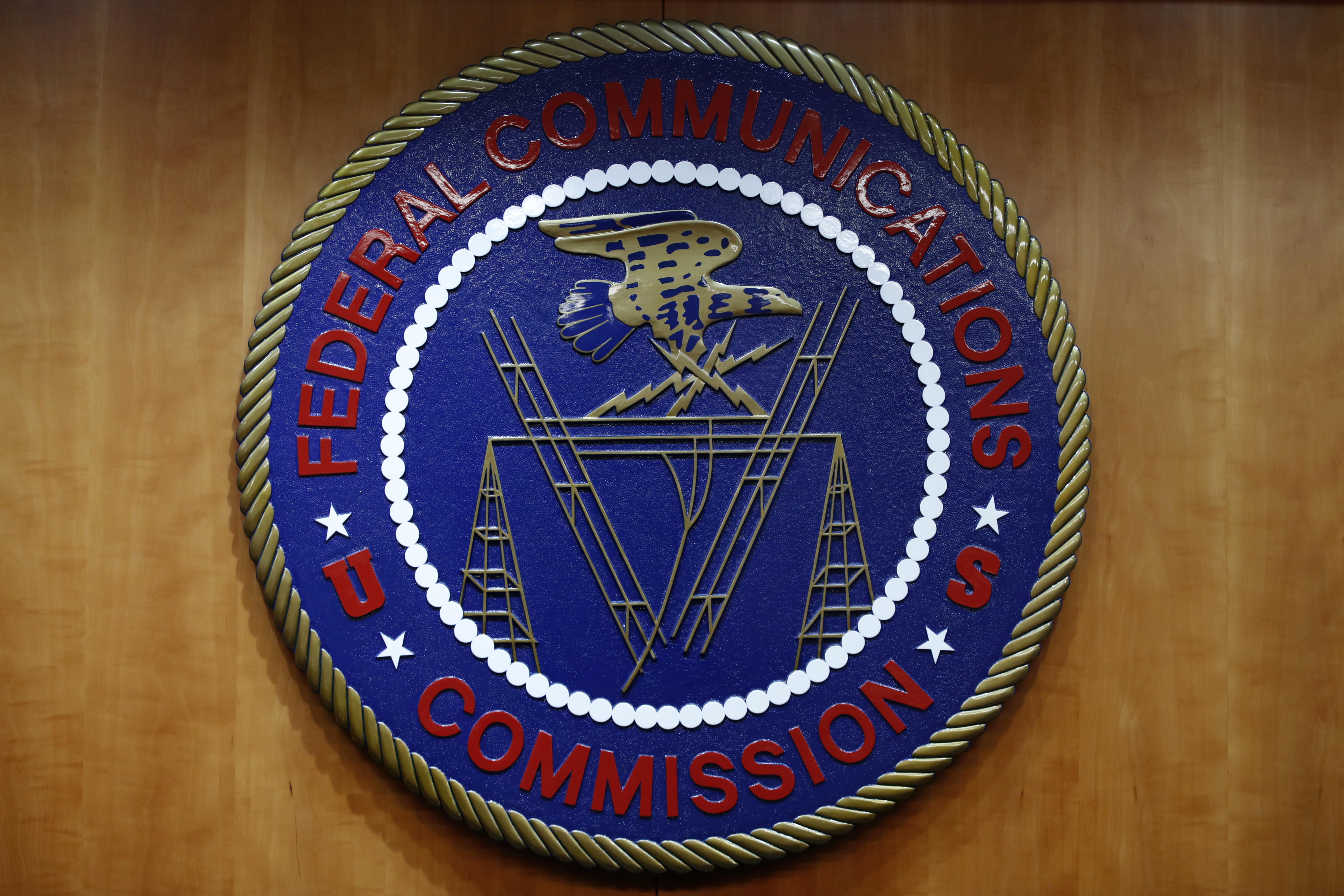The Senate looks unlikely to vote on card-card reform legislation this week,
The House approved similar, though less stringent, legislation two weeks ago by a 357-70- vote.
The legislation is meant to protect consumers from excessive interest rates and penalty fees.
A vote could come as early as next Tuesday, according to a Congressional source familiar with the legislative agenda. When the legislation was introduced Monday, there was hope a vote would occur Thursday.
Majority Leader Harry Reid (D-Nev.) filed cloture on the bill Wednesday evening. Such a move generally means a one-day waiting period on further action and Congress rarely votes on Fridays and Mondays.
President Obama strongly supports such measures and recently urged Congress to pass legislation quickly, so he could sign it into law by Memorial Day weekend.
The President Thursday is holding a town hall meeting on credit card debt at Rio Rancho High School in Rio Rancho, NM. (Watch it live on CNBC.com at 12:00 p.m. ET)
U.S. & World
The Senate legislation, formally known, as The Credit Card Accountability, Responsibility and Disclosure Act, was authored by banking committee Chairman Chris Dodd (D-Conn.) but has since become a bipartisan effort with the backing of ranking GOP panel member Richard Shelby (R-Ala). Some 20 senators are co-sponsoring the bill
Business opposes the legislation, saying it could backfire by limiting credit at a time when the economy is already weak and mean fewer consumers qualify for credit cards.
At the same time, the White House, as well as many Democrats in Congress, expect the financial services industry to do more for consumers having accepted financial aid under the TARP.
Public opinion polls have also shown strong support for credit card reform.
Some of the measures in the legislation are also in new rules announced by the Federal Reserve in December 2008 but not scheduled to take effect until July 2010.
A recent analysis by the non-profit Center for Responsible Lending found that credit card issuers are generally “raising interest rates on a larger portion of customers than usual and increasing the number of fees they impose.”
For more stories from CNBC, go to cnbc.com.



